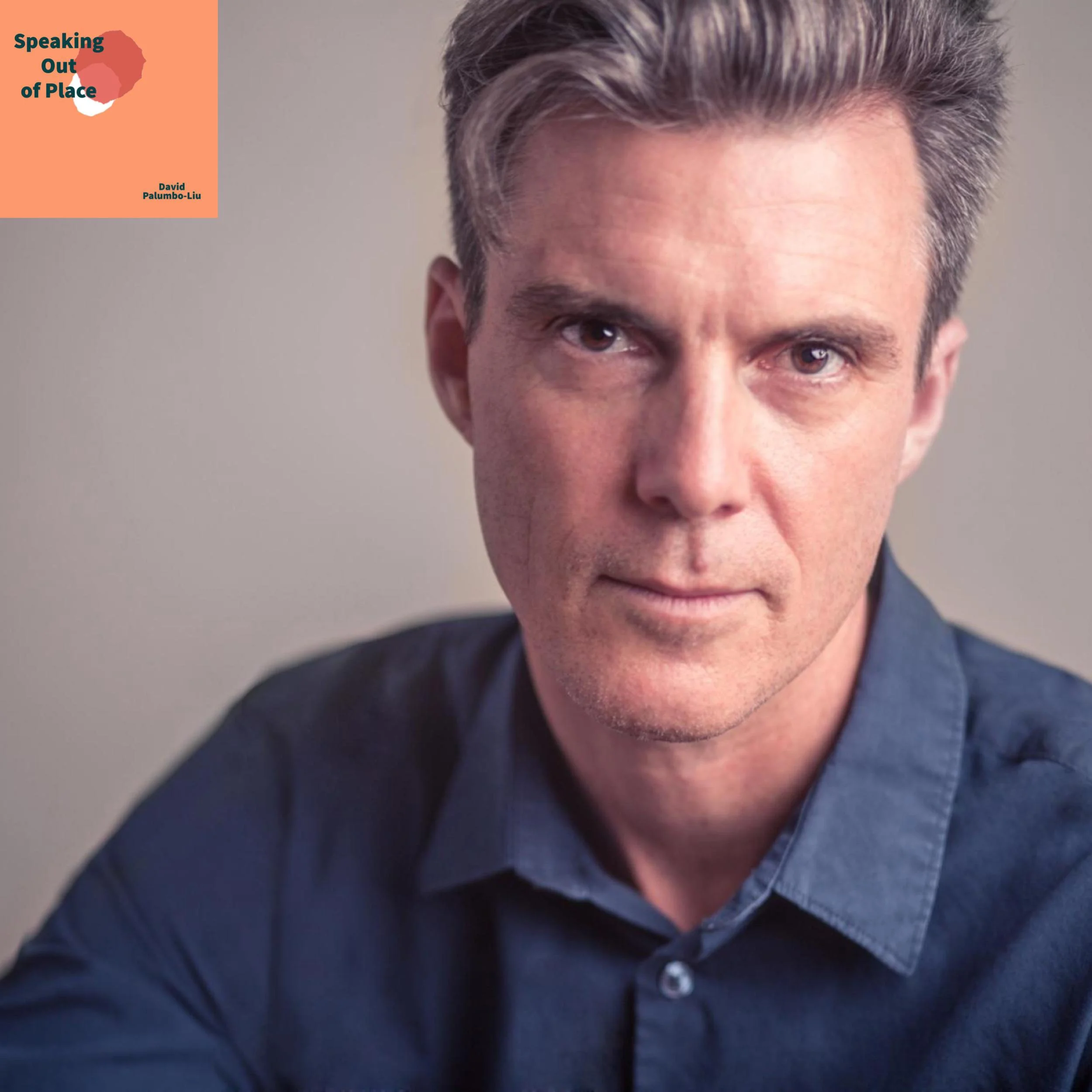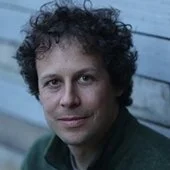Speaking Out of Place: ASHLEY DAWSON discusses “Environmentalism from Below”
/Author of Environmentalism from Below (Haymarket 2024) · Extinction: A Radical History · People’s Power: Reclaiming the Energy Commons · Professor of English at the Graduate Center / CUNY and the College of Staten Island
In this episode of the Speaking Out of Place podcast, Professor David Palumbo-Liu interviews Ashley Dawson, Professor of English at the Graduate Center / City University of New York and the College of Staten Island. Dawson’s recently published books focus on key topics in the Environmental Humanities, and include People’s Power: Reclaiming the Energy Commons (O/R, 2020), Extreme Cities: The Peril and Promise of Urban Life in the Age of Climate Change (Verso, 2017), and Extinction: A Radical History (O/R, 2016). Dawson is the author of a forthcoming book entitled Environmentalism from Below (Haymarket) and the co-editor of Decolonize Conservation! (Common Notions, 2023).




